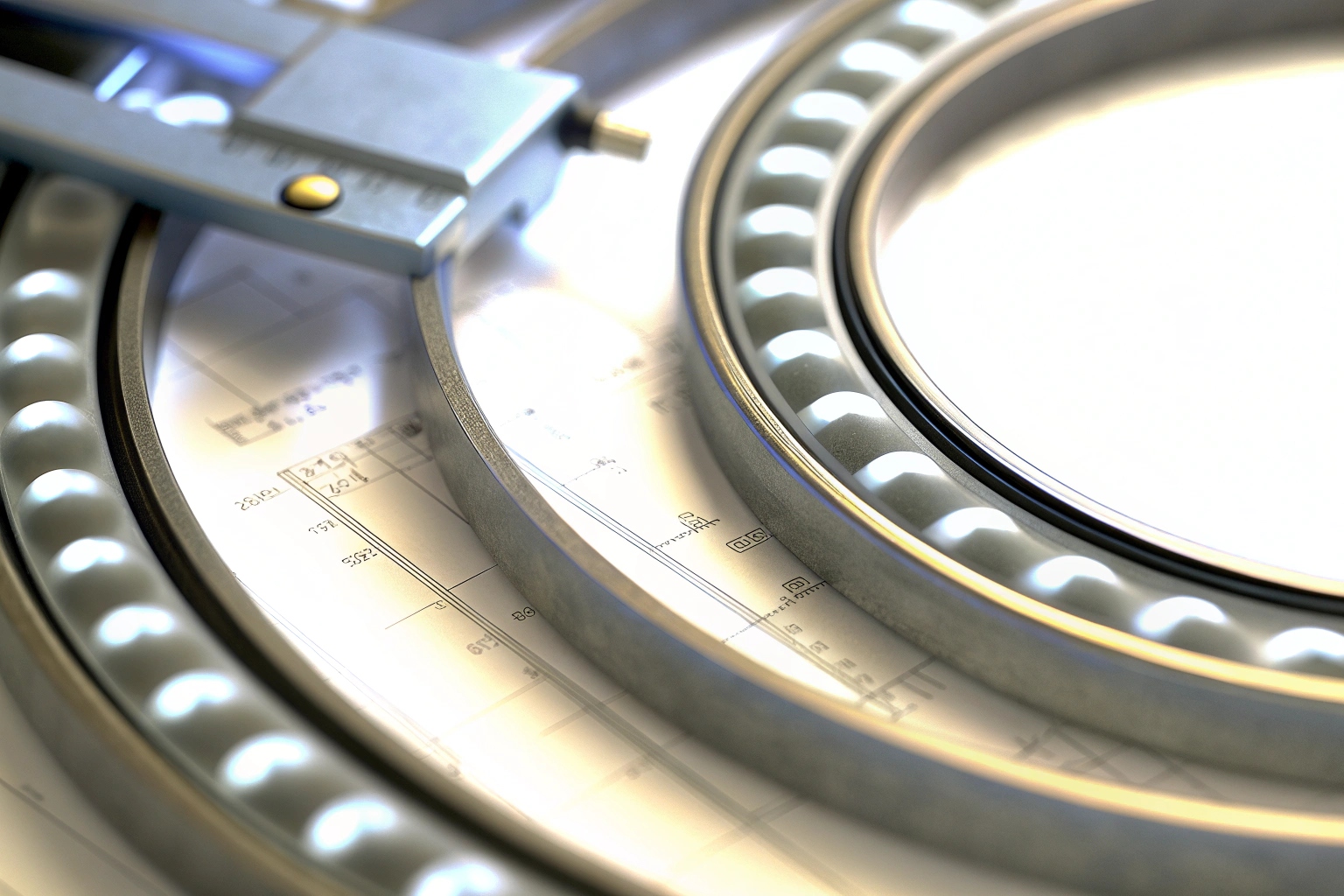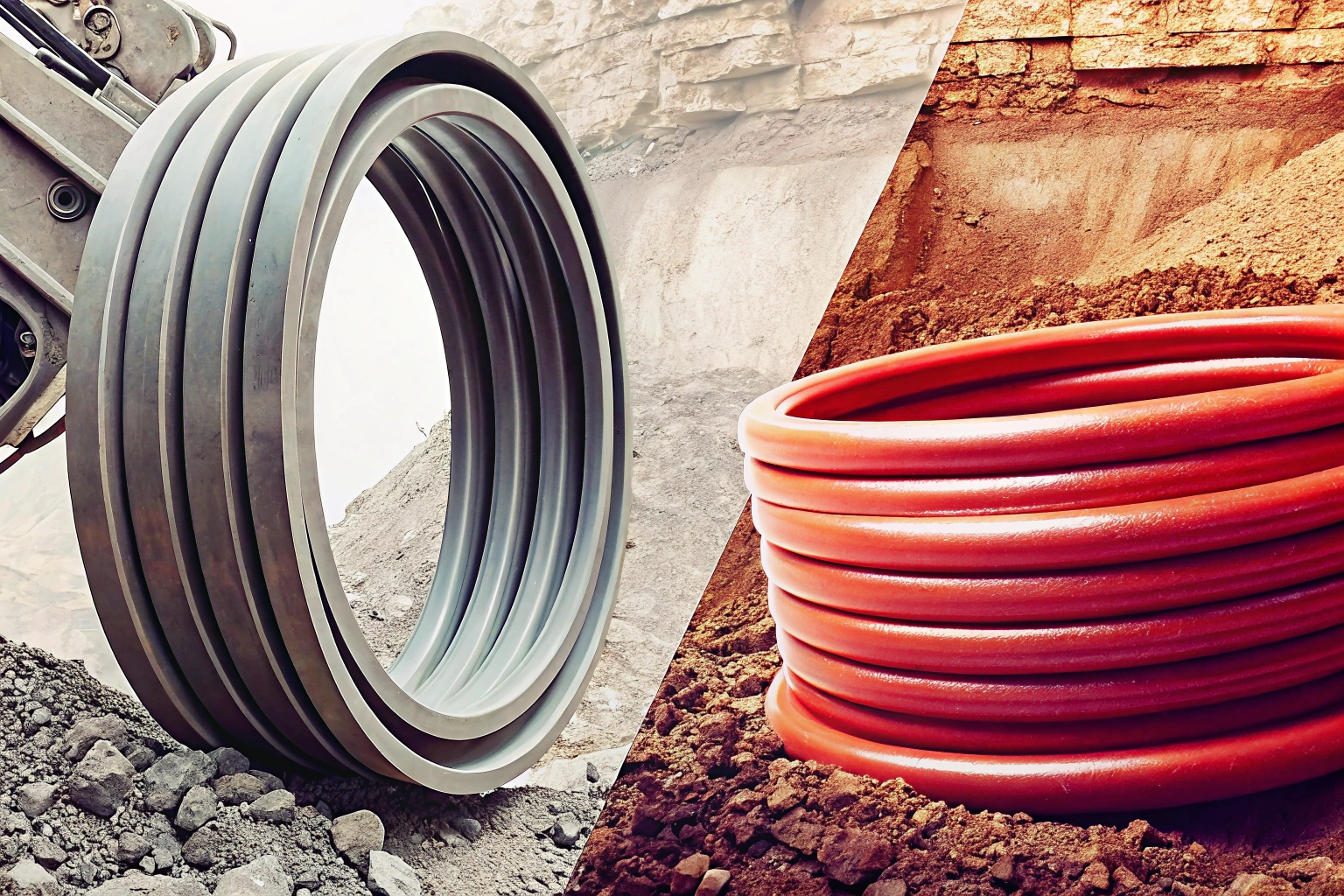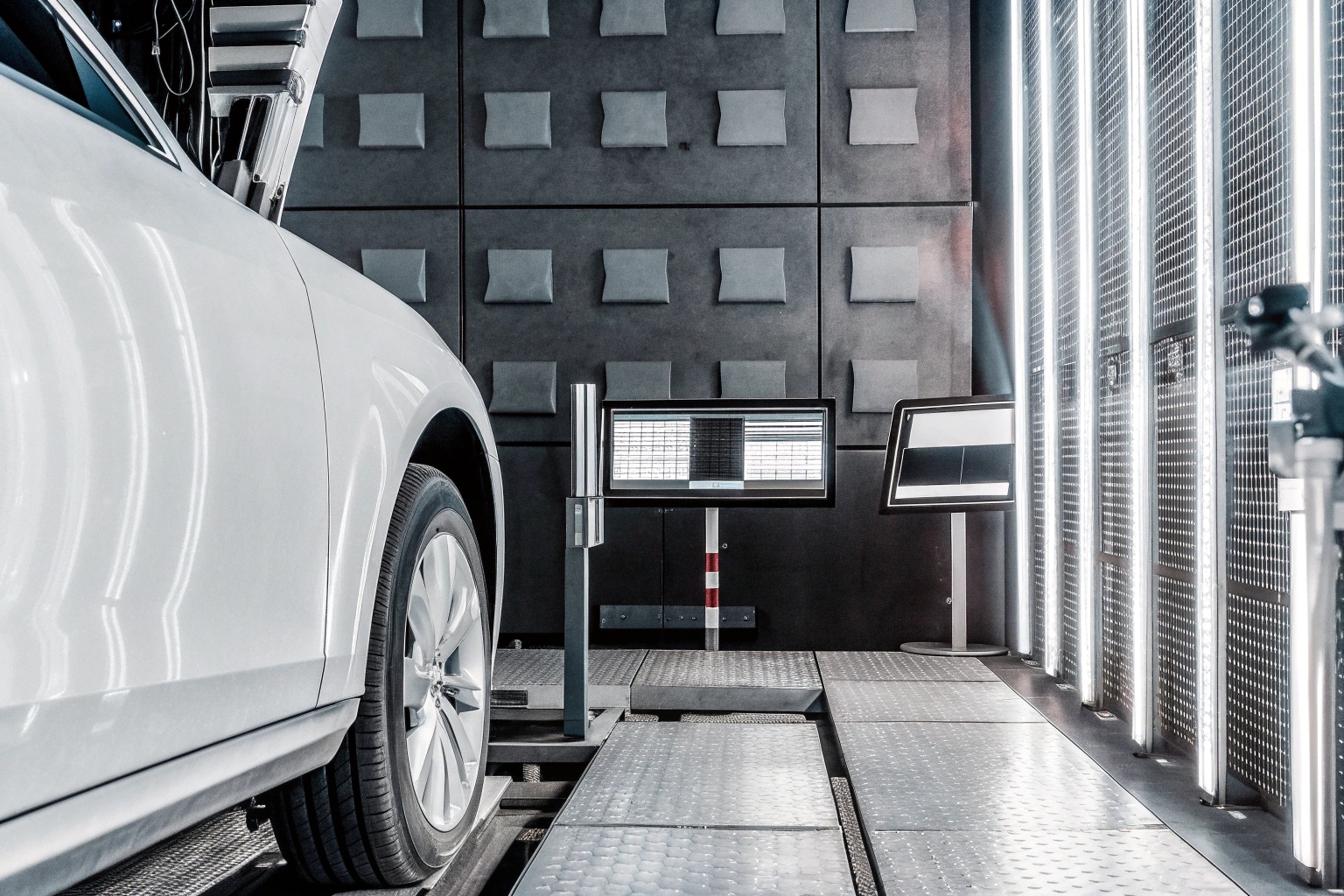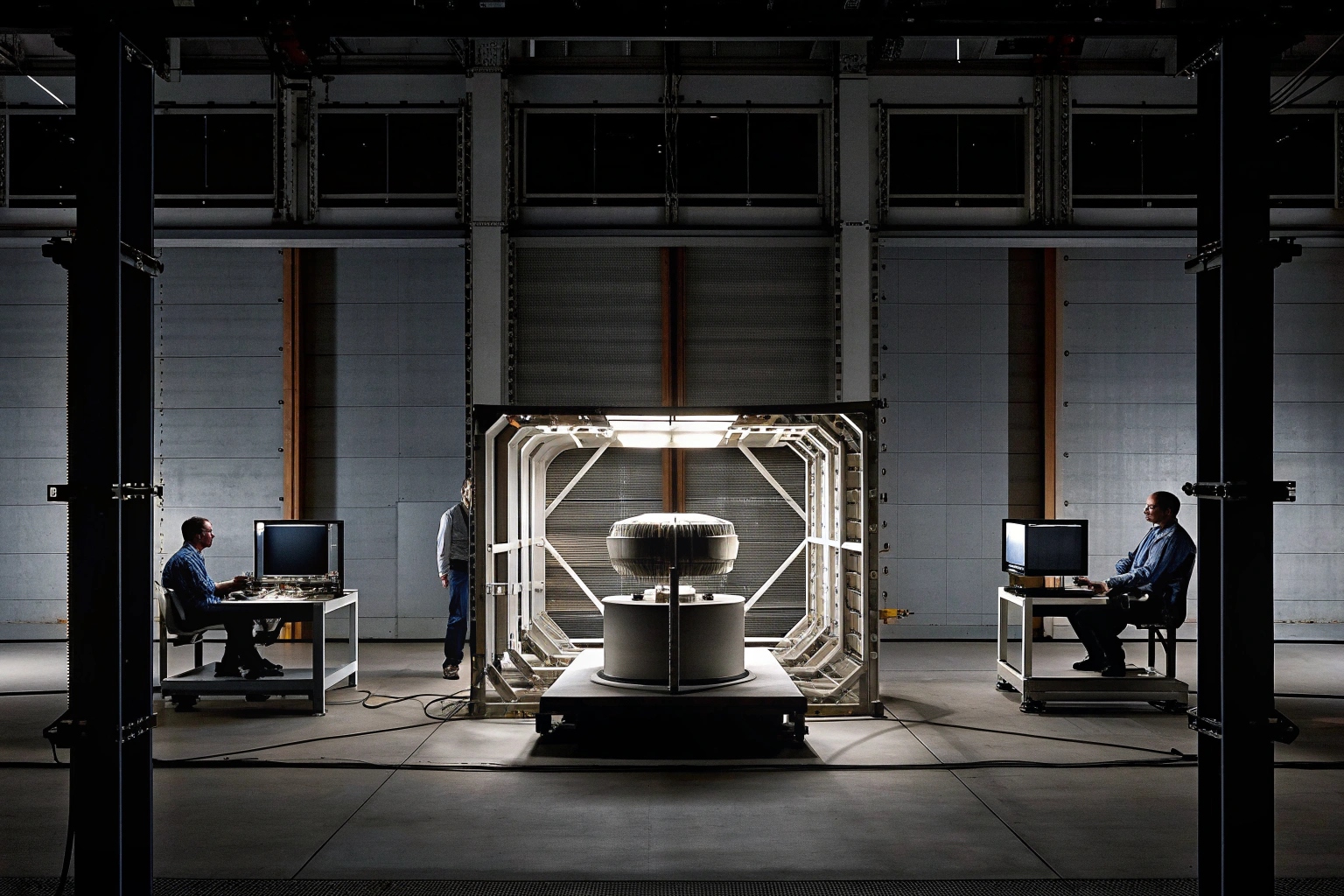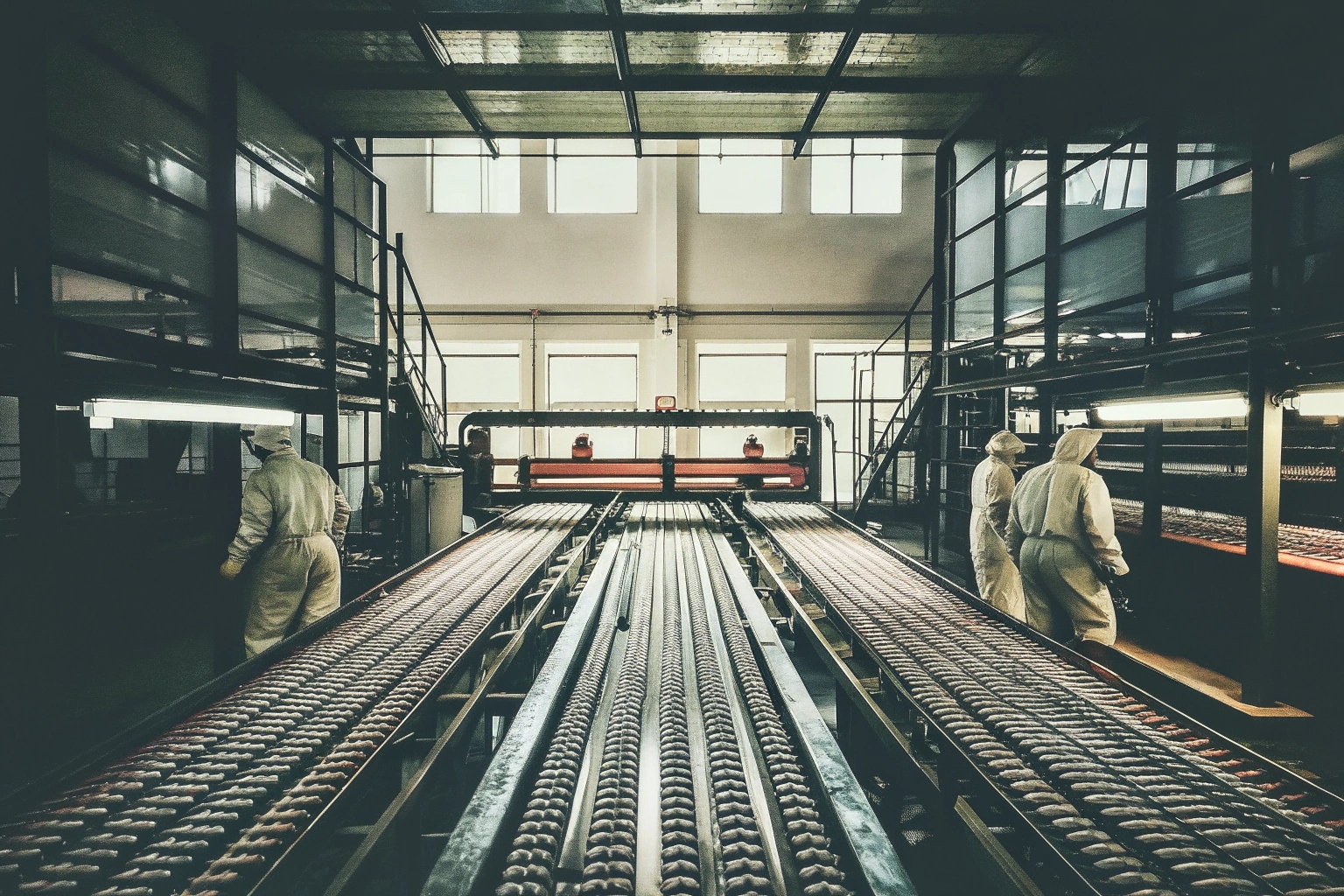
Chinese manufacturers have been the key to my undercarriage maintenance journey. They offer innovative SALT track chains 1. This fact highlights the trust in their technology.
Sealed and Lubricated Track (SALT) chains are readily available from specialized undercarriage suppliers in China. They use various seal structures, including dual or single lip seals, reinforced rubber materials, and heavy-duty grease within track links to prevent contamination 2 and retain lubrication.
The reliability and performance assurance offered by Chinese manufacturers not only satisfies my needs but reassures me about the quality I can expect from their products.
Will You Explain Seal Material, Lip Geometry, and Pressure Balancing for My Use for My Undercarriage Parts for excavators & bulldozer?
The engineering behind seals fascinated me and saved many of my projects. Understanding the material and geometry opened doors to improved performance 3 and durability.
Seals used in track chains often incorporate polyurethane (PU) for the main ring due to its robust abrasion resistance. They’re paired with nitrile rubber (NBR) O-rings which act as energizers to ensure consistent lip contact with the bushing. This structure optimizes grease retention while blocking external abrasives. Pressure balancing is achieved through precise engineering, ensuring seals remain effective without compromising undercarriage integrity.
By breaking down the seal characteristics, companies can ensure optimal performance under varying operating conditions 4.
Seal Characteristics and Table
Key aspects of seal design include material choice, and lip geometry, which impacts the ability to retain grease and resist contamination.
| Seal Material | Primary Feature | Application |
|---|---|---|
| Polyurethane | High abrasion resistance | General excavator chains |
| Nitrile Rubber | Consistent compressive force | Load balancing in lip seal |
| Dual Cone Metal | Enhanced durability in harsh conditions | Mining and heavy-duty engines |
Advanced material technologies help seals to withstand extreme conditions and enhance their lifespan. Understanding these parameters allows more informed decisions for undercarriage parts for excavators & bulldozer for excavators & bulldozer.
Can I Choose Between Metal Face Seals and Elastomer Seals for My Conditions for My Undercarriage Parts for excavators & bulldozer?
Choosing specific seals for my machinery simplified maintenance and improved performance drastically. The decision between metal and elastomer affected reliability deeply.
Chinese suppliers offer the choice between metal face seals 5 and elastomer seals. Metal face seals provide durability for heavy-duty applications. Elastomer seals ensure flexibility and adaptability for regular use. The choice depends on operating conditions, machine specifications, and cost considerations.
Exploring seal options helps optimize performance and extend service life under various operating conditions.
Seal Choices and Applications
Selecting the right seal material significantly impacts performance, especially under different loads and environmental conditions:
| Seal Type | Advantage | Recommended Use |
|---|---|---|
| Metal Face Seals | Superior durability | Heavy-duty and mining tasks |
| Elastomer Seals | Flexibility and adaptability | Standard machinery applications |
Understanding the implications of each seal type helps achieve customized solutions tailored to specific engineering challenges.
Do You Test Seal Leakage and Grease Retention for My PPAP for My Undercarriage Parts for excavators & bulldozer?
Quality assurance goes a long way to ensuring machinery performs optimally under stress. Comprehensive tests become the tipping point between quality and operational failure.
Seal leakage and grease retention testing are standard practices among Chinese manufacturers. They ensure product reliability by rigorously testing for performance under various conditions 6 to meet PPAP requirements.
Comprehensive testing assures quality, prompting users to select products backed by reliable assurance processes.
Testing Procedures and Importance
Continuous testing refines seal structures, enhancing their effectiveness and lifespan in practice:
| Test Type | Focus Area | Outcome |
|---|---|---|
| Leakage Testing | Seal leakage prevention | Consistent seal integrity |
| Grease Retention Testing | Retaining grease under pressure | Maximized lubrication |
| Durability Testing | Wear and tear evaluation | Enhanced seal lifespan |
Thorough testing not only ensures compliance but also solidifies confidence in product quality and consistency.
How Do You Validate Seal Life Under Shock Loads Typical of My Fleet for My Undercarriage Parts for excavators & bulldozer?
Seals encountering shock loads challenge the engineering resilience. Validating seal life under these conditions affirms the reliance on quality components.
Chinese manufacturers employ rigorous testing to validate seal life under shock loads commonly experienced in fleets. This involves simulating real-world conditions to ensure seals maintain their integrity and functionality over extended periods.
Ensuring seal reliability under stress reassures stakeholders about their investment in machinery components.
Validation Process and Table
Manufacturers follow rigorous validation procedures to ensure reliability under extreme conditions:
| Validation Type | Key Metrics | Objective |
|---|---|---|
| Shock Load Simulation | Stress endurance | Long-term seal integrity |
| Field Testing | Real-world condition analysis | Practical performance validation |
By validating seals under shock loads, manufacturers deliver reliable undercarriage components for machinery operating in demanding environments.
Conclusion
Sealing technologies sourced from China 7 ensure robust and reliable undercarriage parts for excavators & bulldozer for excavators & bulldozer, meeting diverse operational demands and quality standards, assuring longevity and performance.
Footnotes
1. Overview of SALT track chains benefits. ↩︎
2. How SALT chains prevent contamination. ↩︎
3. Insights into lip seal engineering concepts. ↩︎
4. Understanding operating conditions for seals. ↩︎
5. Benefits of metal face seals in machinery. ↩︎
6. Importance of testing undercarriage parts for excavators & bulldozer for excavators & bulldozer. ↩︎
7. Chinese techniques in seal manufacturing. ↩︎
8. Information about dt-undercarriageparts.com. ↩︎

